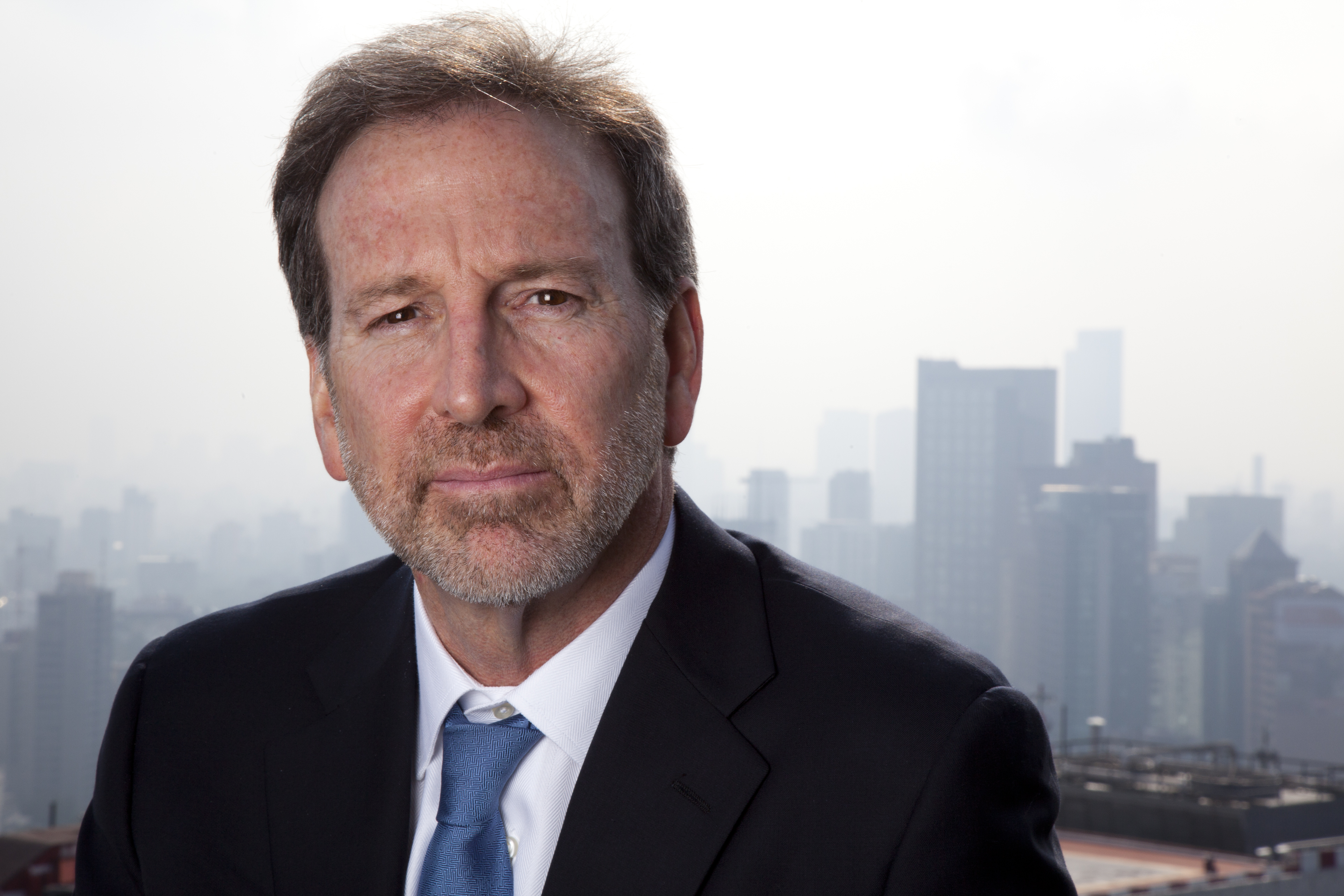Last week, Pope Francis touched down for his first official visit to Mexico. Throughout the trip, he moved across the country, greeting crowds and speaking out about Mexico’s most pressing challenges. In particular, he laid into the Mexican political elite, denouncing the persistent corruption, violence and narcotrafficking and pushing officials to do better. It seems, as I recently wrote, that Mexico needs another moment but this time in rule of law.
The Pope addressed Mexico’s most profound issues, but there is another nearly as urgent challenge: Pemex. After the country’s ambitious energy reform, low global oil prices have mercilessly battered the state company, decimating its investment budget and its ability to fund even basic operations. The state company’s debt will soon exceed $100 billion and it owes a shocking $7 billion to its service providers. Complicating things further, the country’s crude oil production has not yet picked up, steadily continuing what has been a long and painful downward slide. As private companies start oil and gas production across the over 30 newly placed fields—and in those placed through future bidding rounds—the hope is that this trend will slowly reverse.
In response, the government and Pemex are adopting increasingly drastic and creative measures. On Tuesday at CERAWeek in Houston, President Peña Nieto promised that the overhaul would continue apace, regardless of the international context. And earlier this month, Jose Antonio Gonzalez Anaya took over the reins as CEO of Pemex, beginning the highly unenviable job of rescuing the hemorrhaging company. The first tasks will be cutting unnecessary costs, streamlining operations, and finding more cash, and on the latter point the company is already exploring innovative options—such as new ‘sale and leaseback’ programs—to pay the bills.
Global oil prices are out of Mexico’s hands, but the steps that it takes to move forward are not. The framework surrounding the energy reform has been impressively transparent and well managed, and it’s a welcome sign to see officials undertaking such resolute and dramatic steps in the face of dire circumstances. The trick is now to extend this attitude to the country’s other challenges, starting with but not limited to those championed by the Pope.
Antonio Garza is the former United States Ambassador to Mexico and aCounsel at White & Case in Mexico City








